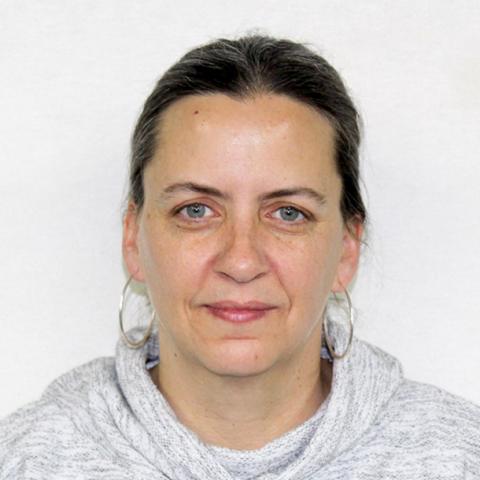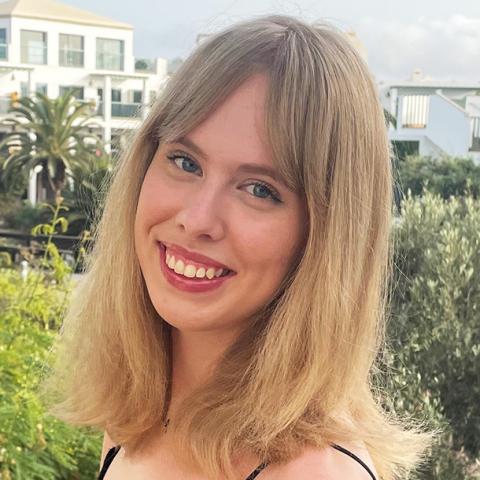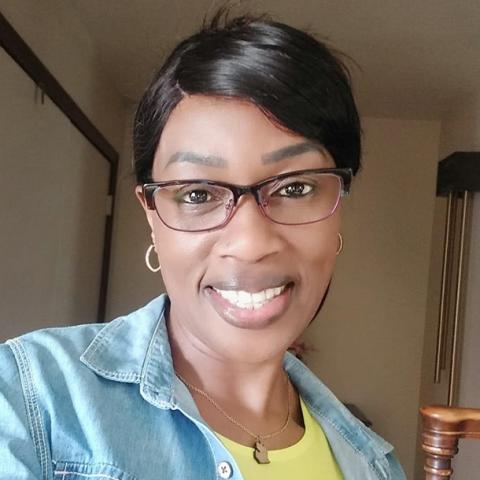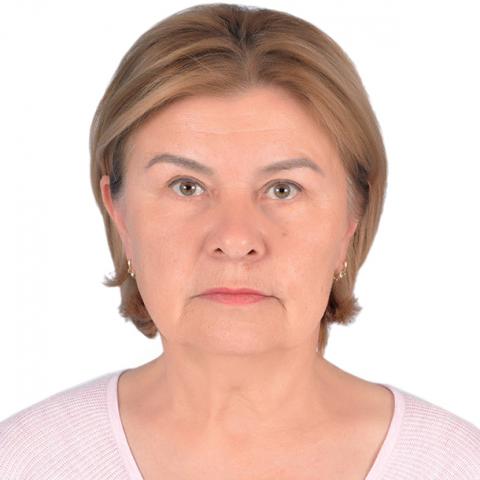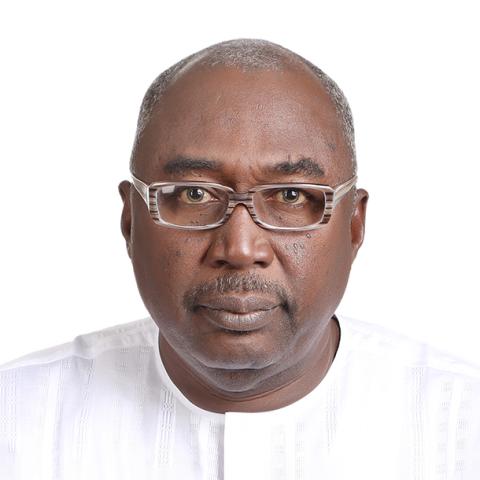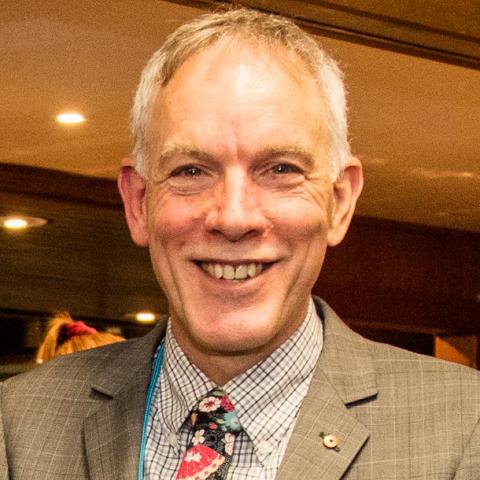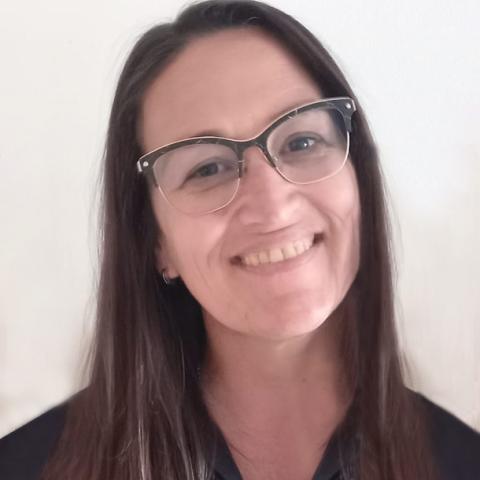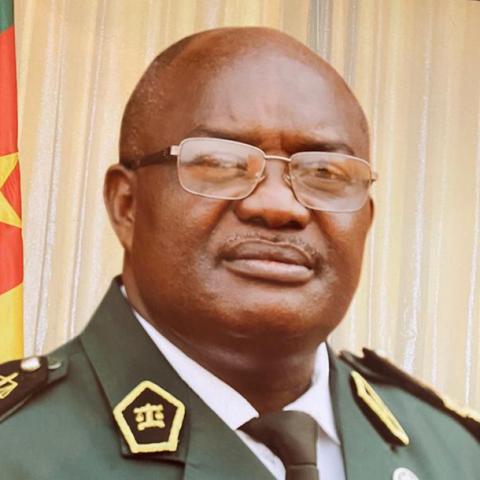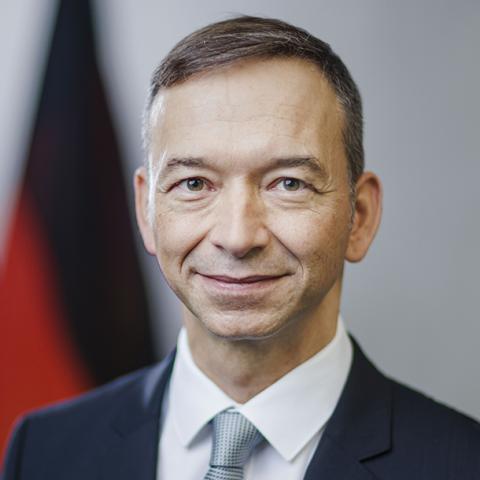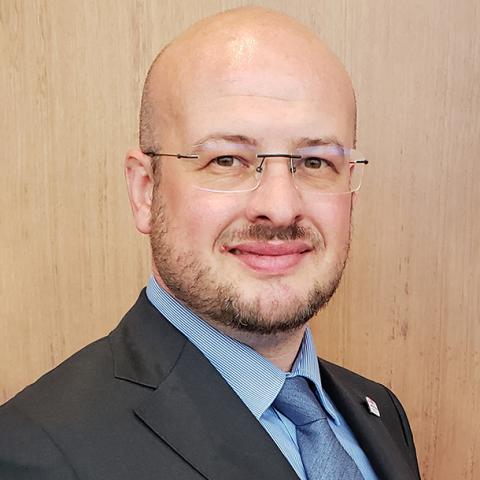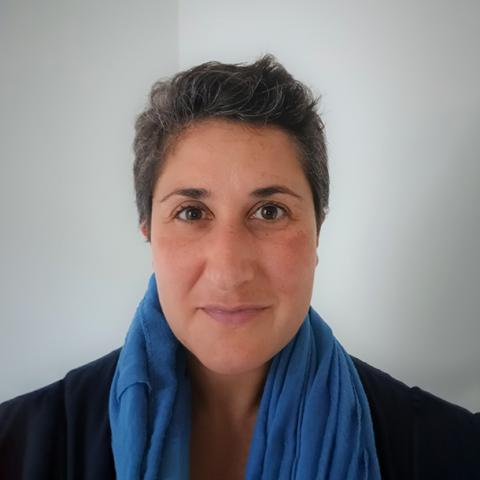Day Two - Session 6: Parallel breakout sessions – Addressing the rights and needs of victims of terrorism with specific needs

Session 6: Parallel breakout sessions – Addressing the rights and needs of victims of terrorism with specific needs
15:00 - 16:15
The importance of giving special attention and providing services and support to individuals and communities who have specific needs because of the nature of harm inflicted upon them is repeatedly affirmed by the international community. For victims of terrorism, it is essential that States ensure that victims who are particularly vulnerable, either through their personal characteristics or through the circumstances of the terrorist attack, can benefit from equitable measures tailored to their specific needs. Each of these groups requires tailored strategies for rehabilitation and protection, based on their wide range of legal, social, and psychological needs. Two parallel sessions explored some of the specific needs and types of assistance available to children and youth, and placed the spotlight on the needs of cross-border victims.
Breakout Session 6 A: Children and youth victims of terrorism
Quick Links: Session and Statements | Speakers | Survey
Breakout Session 6 B: Cross-border victims of terrorism
Quick Links: Session and Statements | Speakers | Survey
Breakout Session 6 A: Children and youth victims of terrorism
15:00 - 16:15
Room: CR.1
Children and youth who are affected by terrorism perceive violence and death differently than adults and require focused, specialized, and individualized support to address their unique needs in the short, medium, and long term. Children with disabilities require special attention. This session addressed the specific needs of children and youth victims, which included those who have lost or been separated from their parents due to terrorism, those born from acts of sexual violence committed by members of terrorist groups, or those abducted, enslaved, or recruited by terrorist groups.
Session and Statements for Breakout session 6 A
| Time | Sessions |
|
Friday, 09 September |
Moderator:
Panelists:
Questions and Observations from the floor Interventions and additional statements:
|
Breakout Session 6 B: Cross-border victims of terrorism
15:00 - 16:150
Room: CR.4
Cross-border victims often experience an array of unique and complex challenges, layers of bureaucratic hurdles, and a heightened risk for secondary victimization. Differences between rights and legal frameworks in a variety of countries may be confusing for cross-border victims. The lack of familiarity with a foreign system may hinder the cross-border victims’ access to support and assistance services, and to justice more generally. The session explored how to strengthen international collaboration and coordination of cross-border victims. The cooperation between local foreign ministries and embassies and consulates is essential to help identify the needs for both information and assistance and support of cross-border victims. The importance of assistance and care in their country of origin was also highlighted.
Session and Statements for Breakout session 6 B
| Time | Sessions |
|
Friday, 09 September |
Moderator:
Panelists:
Questions and Observations from the floor Interventions
|


